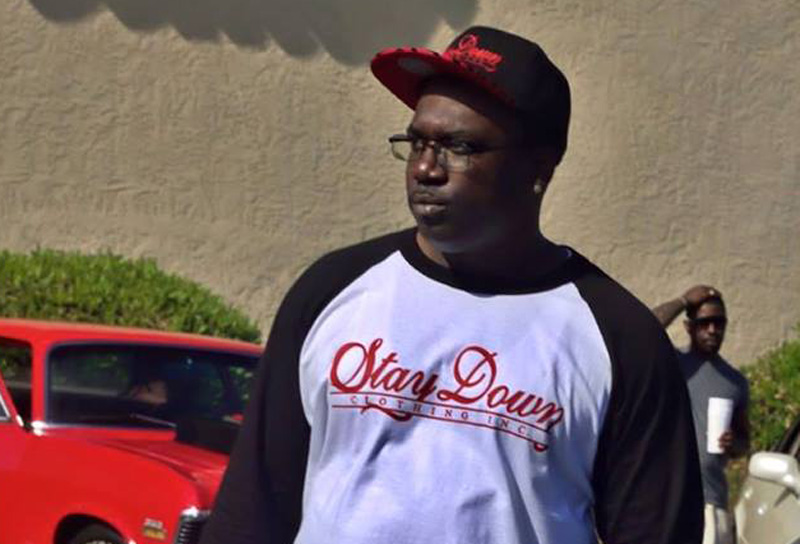
By Markvell Whitfield – Guest Columnist
There is a duplicitous debate happening right now around the state budget. The independent and non-partisan Legislative Analyst’s Office estimated that Proposition 47 would save the state more than $100 million a year in cut incarceration costs. So it is surprising to find that the Governor’s Department of Finance has calculated only $29.3 million in first-year Proposition 47 savings. That figure pales in comparison to the unprecedented multi-billion-dollar corrections budget approved for the next fiscal year and the additional $250 million dollars that have been approved for jail construction and expansion. By passing Proposition 47 voters made it clear that they expect less money spent on prisons and more money on spent on local crime prevention and treatment program. So why then does the state budget not reflect the voter mandate?
In a budget hearing this week, the State Senate will begin to discuss Proposition 47 savings and the calculation used to determine those savings. Approved by 60% of California voters in November 2014, Prop 47 reduced six petty drug and property offenses from felonies to misdemeanors. The savings secured from the cut incarceration costs will be reinvested in the supportive and preventative programs proven to improve the health and safety of our communities.
For decades Californians have allowed and funded a largely invisible system to wreak havoc on poor and primarily black and brown communities. Those who have never been in contact with the criminal “justice” system are led to believe that people serve their time or pay their debt and then have the opportunity to start over or move on, but the truth of the matter is that a felony conviction too often relegates individuals and their families to cycles of poverty and recidivism. When working at the local 7-11 doesn’t keep the lights on, people look for other ways to make ends meet.
I know because I have carried that burden. I struggled to find work, afford an apartment and take care of my family all because of my prior felony conviction. Before cleaning up my record the only job I could get was working overnights at Wal-Mart. The pay was not nearly enough to cover the high cost of living here in San Diego—so I lived with my mother. The scheduling was erratic, but I needed every shift I could get and often that meant sacrificing the little time I was afforded with my kids.
I worked tirelessly to get my record cleaned up. In countless visits to the court and public defenders office, I found out about Proposition 47. My simple drug possession charge meant I qualified to reduce my felony to a misdemeanor. In the past I had been offered jobs with Geico and Time Warner, but with a simple background check those offers were immediately withdrawn. However, soon after my Proposition 47 petition was approved I was able to secure a position that paid higher than any of the positions I had been rejected from previously. Finally, things began to turn around for my family and me.
After a short time with my new employer not only was able to trade in an old gas-guzzling car for a more dependable fuel efficient model, but I was able to get a two bedroom apartment and secure joint-custody of my children.
I tell my son all the time, you never know how far into the future a decision may affect you. He joins me at monthly Black Men United meetings because I want him to be surrounded positive role models and attuned to the systems at work in and against our community. Equal application of the law may be one of the tenants of democracy, but it is not the reality faced by young black today. I share my story because I believe it sheds a light on the need for more robust and rehabilitative and re-entry services—rather than building more jails and expanding prison budgets our elected officials should be heeding the call of the 60% of voters who called for change in 2014 by passing Proposition 47.
We should be investing our money in programs and services proven to help people move past their criminal record. Tough on crime approaches did not effectively stop the cycles of crime. There are smarter ways to improve public safety. Part of that is changing the way we think about people who commit crime and ensuring they are given a pathway to support themselves and their families once they have paid their debt or served their sentence.
The Legislature needs to take seriously the voter mandate behind Proposition 47 because if the state budget fails to allocate resources for these programs, counties will continue to rely on state prisons and local jails to address issues better served in the community and we will miss out on the criminal justice reform our state so desperately needs.



